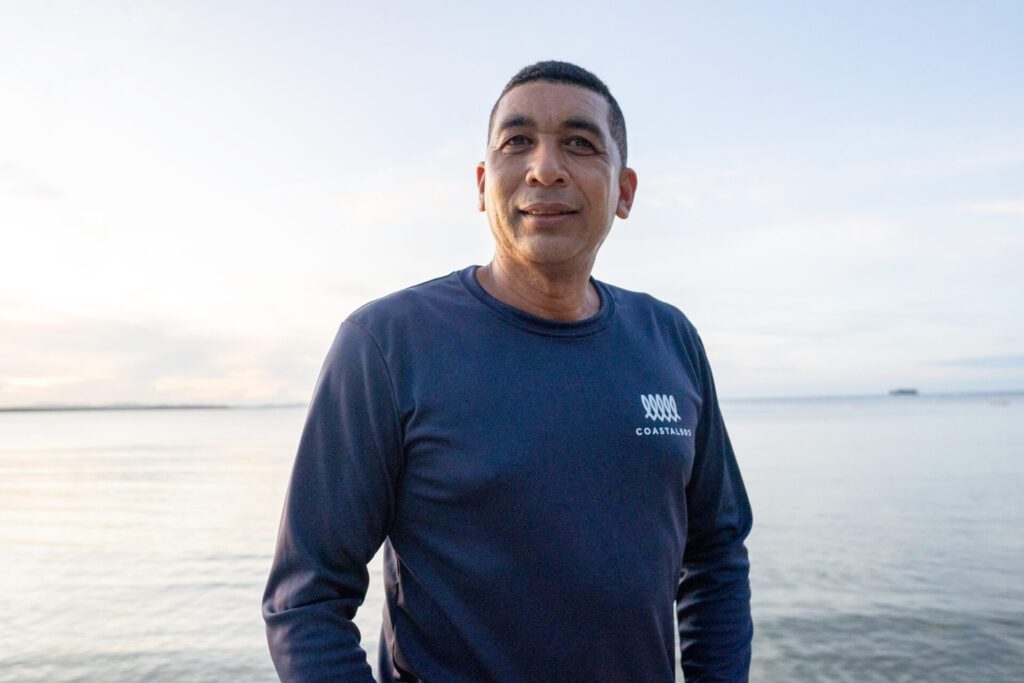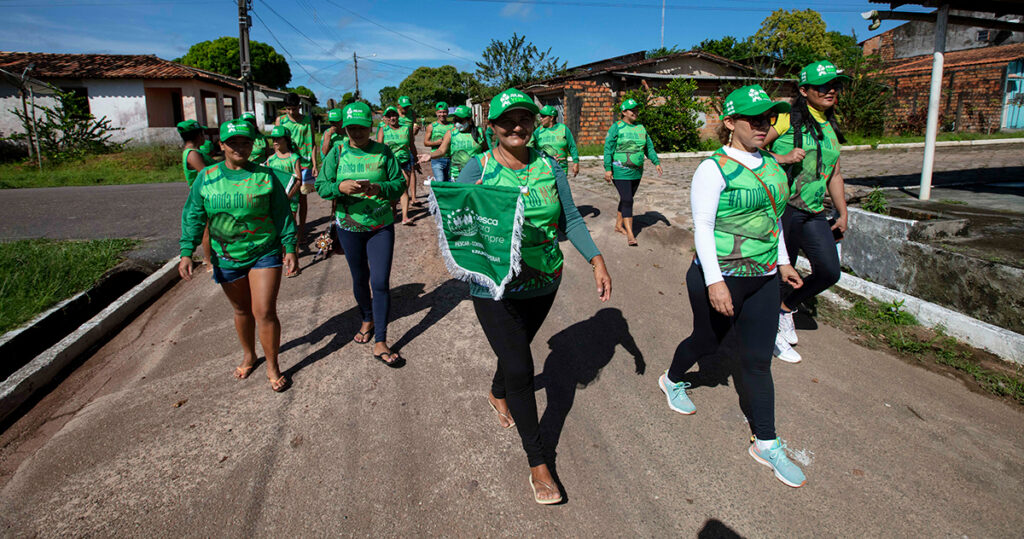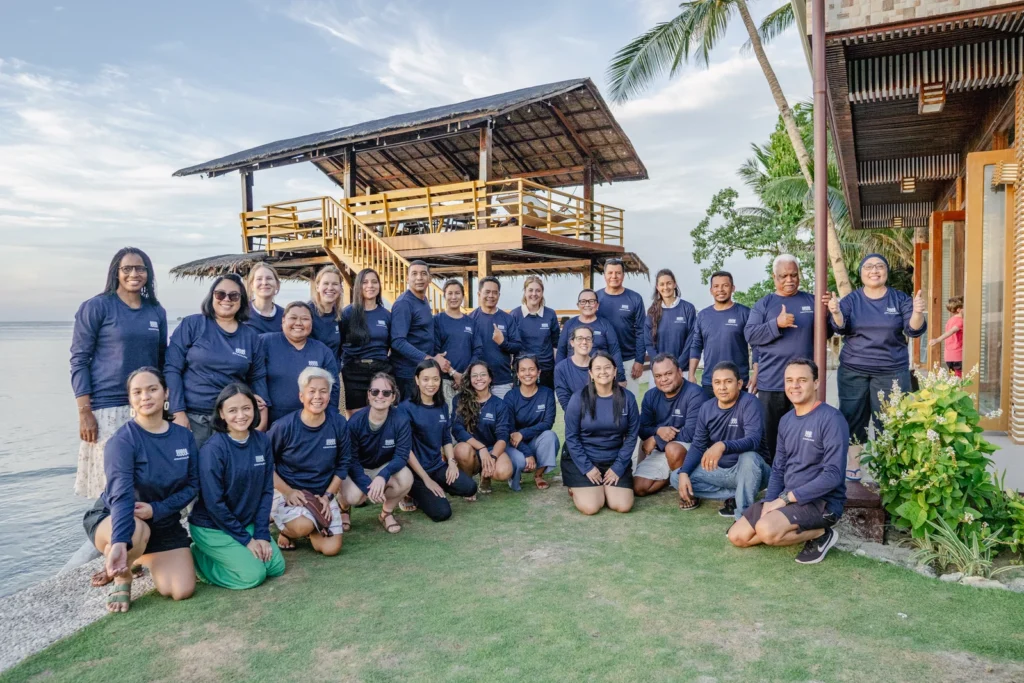Five reasons why local leaders hold the key to community resilience
1. Local leaders are in touch with their community’s needs
Through local councils, community events, and daily casual chit chat, mayors deeply engage with the community they serve. This close connection fosters a rich understanding of community members’ everyday challenges, needs, and aspirations. Mayors and other local leaders leverage their awareness of community needs and build cross-sector partnerships to drive community resilience from the ground up.

2. When disaster strikes, it’s local leaders who answer the call
When disasters like coastal flooding, drought, crop failure, or powerful storms strike, communities look to mayors for immediate action and leadership. From coordinating emergency services to rallying local resources and crafting rapid response strategies, it’s often mayors on the frontlines who respond first. “Why not listen to mayors at the global level, or at the national and international level? Because we mayors are the ones at the forefront of every problem and situation,” says Juan Ramón Manaiza, Mayor of the municipality of Limón in Honduras, and a member of the Coastal 500.

3. Mayors and local leaders serve in the sweet spot between community and national-level bureaucracy to amplify solutions
Mayors and local leaders are uniquely positioned to drive impactful solutions as they work in the middle ground between local communities and national governments. They are embedded in their constituents’ day-to-day realities, which helps them craft tailored and responsive policies. Local leaders also often have the administrative reach and political visibility to scale successful initiatives and influence broader systems.
“Our communities, our municipalities, depend on our ability to articulate not only among ourselves as local governments, but also with the private sector and international cooperation,” says Brayhann Camilo Velasquez Suarez, Mayor of Cubarral in Meta, Colombia and a member of the Ariari Sustainable Mayors Network, which Rare helped launch. “Today, it’s important to have collaborative platforms like the ones Rare is working with through its network of mayors. These platforms allow us to raise proposals built from a local perspective but with a regional scope.”

4. Local leaders spark local action
“Real climate solutions have to be rooted in local leadership because that’s where the change actually happens,” says Heather McTeer Toney, former Mayor of Greenville, Mississippi and member of Rare’s Board of Trustees. Mayors are trusted messengers who can shape norms, inspire action, and create the enabling conditions for communities to adopt sustainable practices to combat climate change. From reducing chemicals in farming to fishing sustainably and joining savings clubs to build financial resilience, mayors help turn values into daily actions and scale individual change for collective impact.

5. Mayors and local leaders don’t stand alone
Local leaders can be powerful agents of change, but they shouldn’t have to act alone. Rare understands what makes mayors effective — deep community ties, frontline urgency, and an ability to scale local solutions — and is building networks and tools to support them. Through initiatives like the Coastal 500 and the Ariari Sustainable Mayors Network, Rare unites mayors across fishing and farming communities to champion sustainable management, exchange best practices, and amplify their collective voice on national and global stages. From technical training to peer learning, Rare’s people-centered approach strengthens local leadership and fuels community-driven resilience.